| |  | | | Hezbollah in Our Hemisphere and Terrorist Twin-Cities By Ahnaf Kalam ● Oct 30, 2024 Smart Brevity® count: 3 mins...767 words This edition of the MEF Dispatch offers a deep dive into the interplay between diplomacy, security, and national strategy. We detail a Hamas-inspired proposal for a sister-city pact between Irvine, CA, and Gaza City; warn that Egypt is picking the wrong country in sending arms to Somalia in a move that could destabilize the region; and go behind-the-scenes to understand the significance of Argentina's arrest of the Hezbollah terrorist behind the 1990s bombings of Jewish targets in Buenos Aires. We round out with commentary on Israel's recent strike on Iran, advice for America's policies in the Middle East, and further reading on yet more key issues. | | Twinning with Terrorists: Hamas Seeks Sister City Pact with California City 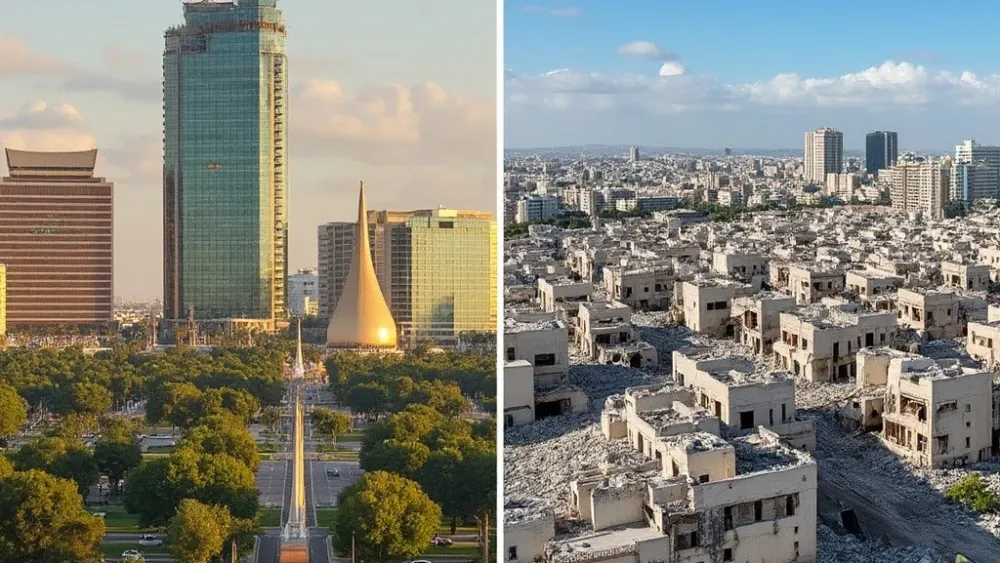 By: Benjamin Baird At the behest of a Hamas-appointed mayor, Irvine, CA, is considering an outrageous sister city relationship with Gaza City. Why it matters: This proposal requires recognizing and establishing diplomatic ties with a foreign terrorist organization. The big picture: The proposal raises serious questions about what could have attracted members of a U.S.-designated terrorist group to seek a partnership with a city ranked among the top three places in America to raise a family. Details: The proposal, originating from Gaza's Mayor Yahya Sarraj, comes after months of tense public hearings at Irvine City Hall that centered around the Israel-Hamas war and featured masked agitators spouting antisemitic hate speech. What's next: If Khan and Agran insist on a union with Gaza, they should contact the Israeli Defense Forces, which control large parts of Gaza City, to hash out a deal. | | Egypt Should Bet on Somaliland, Not Somalia 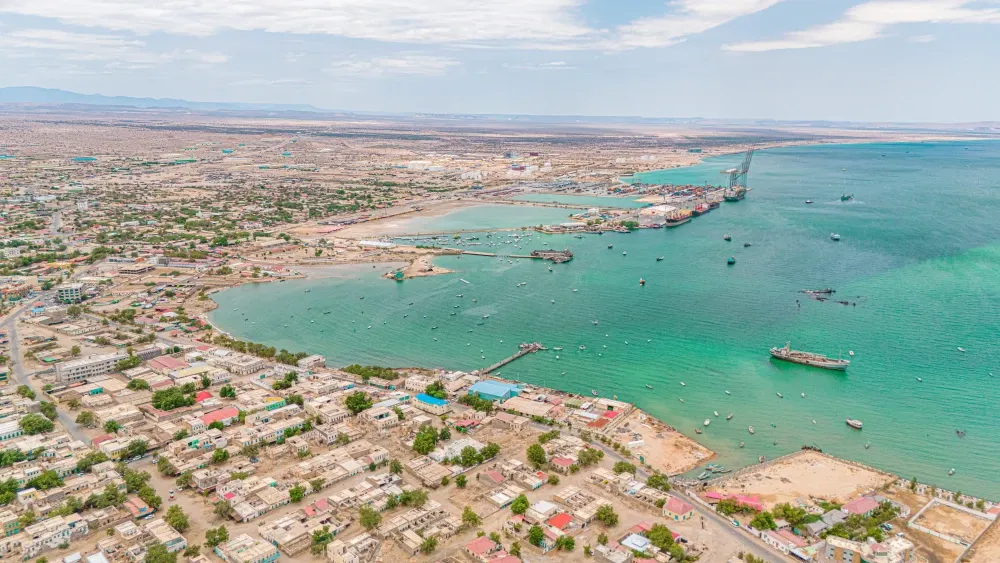 By: Michael Rubin Egypt's arms shipments to Somalia are driven by regional tensions with Ethiopia, but a focus on Somaliland could offer strategic advantages. Why it matters: Aligning with Somaliland, a stable and democratic region, could provide Egypt a more reliable partner in the Horn of Africa compared to Somalia's instability and terrorist links. Regional dynamics: Somaliland, despite its lack of formal recognition, boasts a thriving economy and governance, outperforming Somalia with its robust infrastructure and democratic practices. Strategic foresight: Egypt should consider recognizing Somaliland to counter Ethiopia's influence, tapping into its potential as a democratic ally and enhancing regional stability. | | Argentina Reveals the Identity of Hezbollah's Terrorist Leader in Latin America 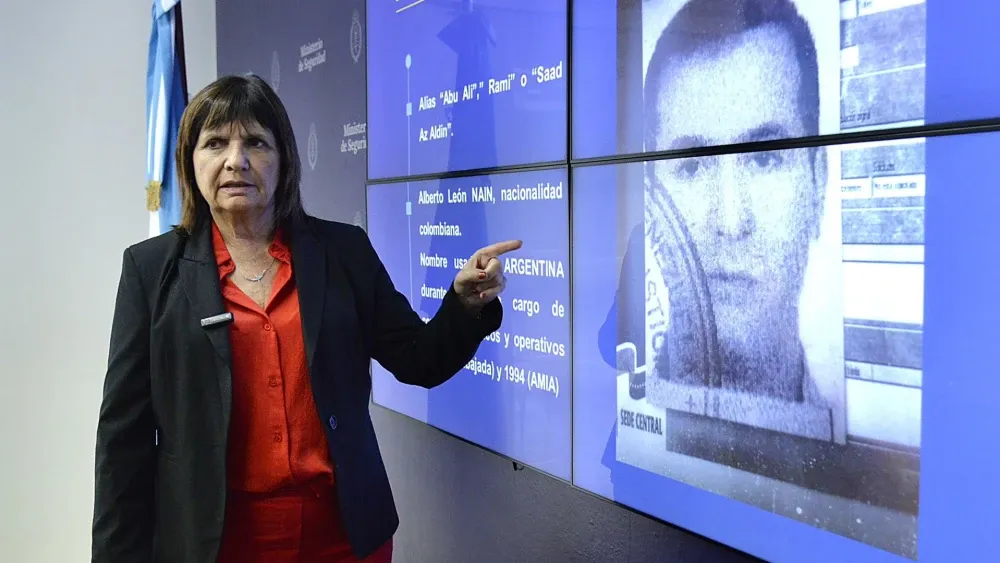 By: Joseph M. Humire Argentina identifies Hussein Ahmad Karaki as the mastermind behind Hezbollah's regional operations. Why it matters: This revelation highlights the significant threat posed by Hezbollah's network in Latin America, emphasizing the need for robust regional security measures. Unmasking a leader: Karaki, linked to the 1990s Buenos Aires bombings, continues to orchestrate plots, including recent foiled attacks in Brazil, demonstrating Hezbollah's persistent influence. Argentina's proactive stance: Under Security Minister Patricia Bullrich, Argentina strengthens its position as a leader in counterterrorism, enhancing regional cooperation against global threats. | | Israel Might Have Hit a Home Run Against Iran, but Chose to Bunt 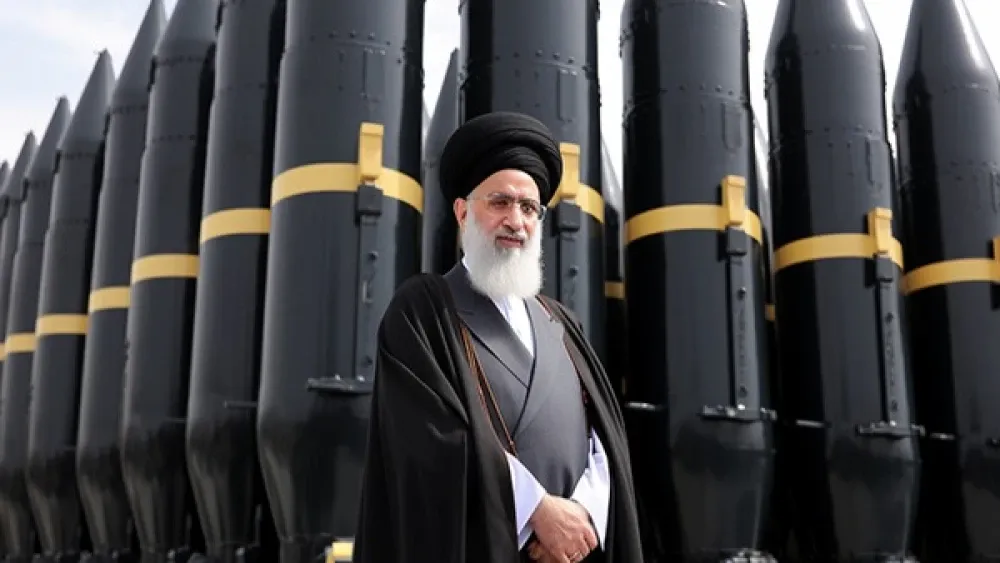 By: Shay Khatiri Israel's recent strikes dismantled Iran's defenses but lacked the visibility needed to challenge Khamenei's regime. Why it matters: For Iran's Supreme Leader, image is paramount. Israel's precision strikes, though effective, allowed Khamenei to maintain a facade of strength, missing a chance to undermine his regime's legitimacy. Strategic implications: While Israel's operations were a military success, the lack of public visibility means Iran's regime can downplay the impact, preserving its standing among conservative youth. Looking forward: For lasting change in the Middle East, Israel may need to adopt a strategy that visibly challenges Iran's claims of invulnerability to shake the regime's foundational image. | | Steven A. Cook: Back to the Future – How America Can Stop Failing in the Middle East 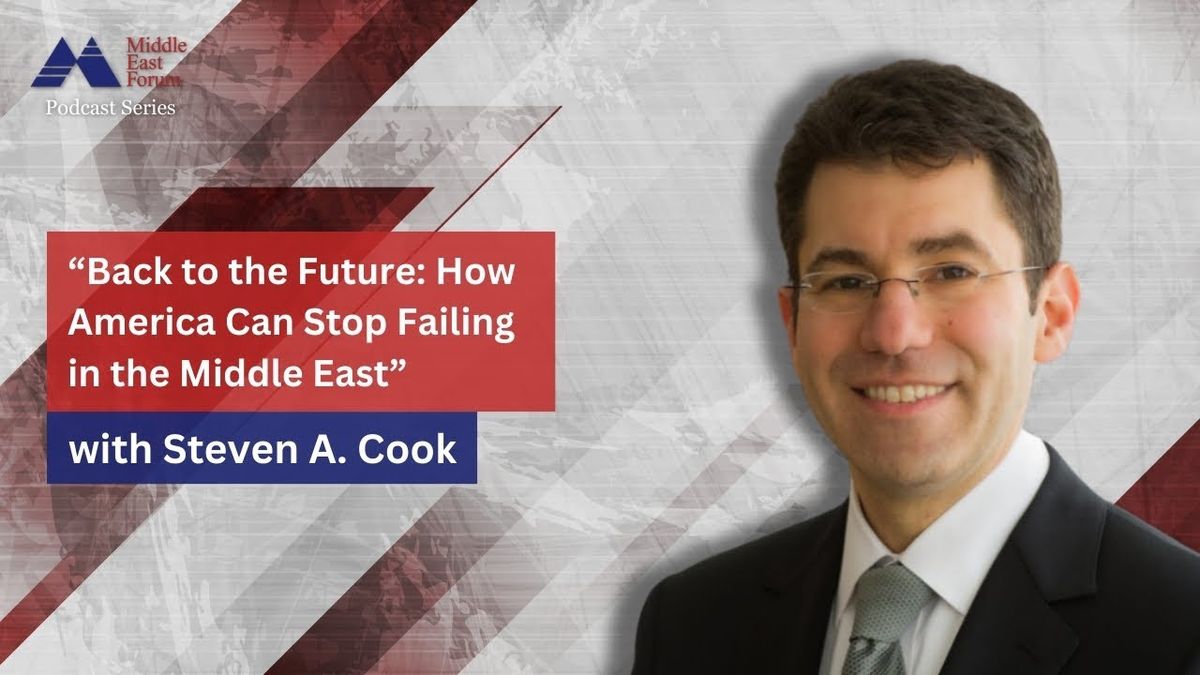 By: Marilyn Stern Steven A. Cook of the Council on Foreign Relations calls for a realistic approach to America's Middle East policy, moving beyond idealistic ambitions. Why it matters: Historical attempts to transform the region have faltered. A pragmatic focus on energy, security, and non-proliferation can better serve U.S. interests. Core challenges: Unrealistic policies have led to setbacks, while regional dynamics, including Saudi nuclear ambitions and China's strategic maneuvers, present ongoing challenges. Strategic priorities: America must prioritize stability in energy resources, strengthen U.S.-Israel ties, and address climate-driven migration to maintain influence in the region. | | | | | The articles in this edition of the MEF Dispatch illustrate the challenges posed by terrorism and its Islamist sympathizers worldwide, from America's West Coast to South America and the Horn of Africa. As this issue shows, we cover the world. Stay tuned for the next edition to stay abreast on future developments.
Sincerely,
Ahnaf Kalam
Digital Media Specialist
Middle East Forum | | | | Feedback Please share your thoughts on this edition. Was this edition useful?  

Your responses are anonymous |        MEF, an activist think tank, deals with the Middle East, Islamism, U.S. foreign policy, and related topics, urging bold measures to protect Americans and their allies. Pursuing its goals via intellectual and operational means, the Forum recurrently has policy ideas adopted by the U.S. government.
Copyright © 2024 Middle East Forum, All rights reserved.
Our mailing address is:
Middle East Forum
1650 Market Street, Suite 3600
Philadelphia, PA 19103 | | | | | Powered by 
| | This email was sent by Middle East Forum via Axios HQ | | | |
0 коммент.:
Отправить комментарий